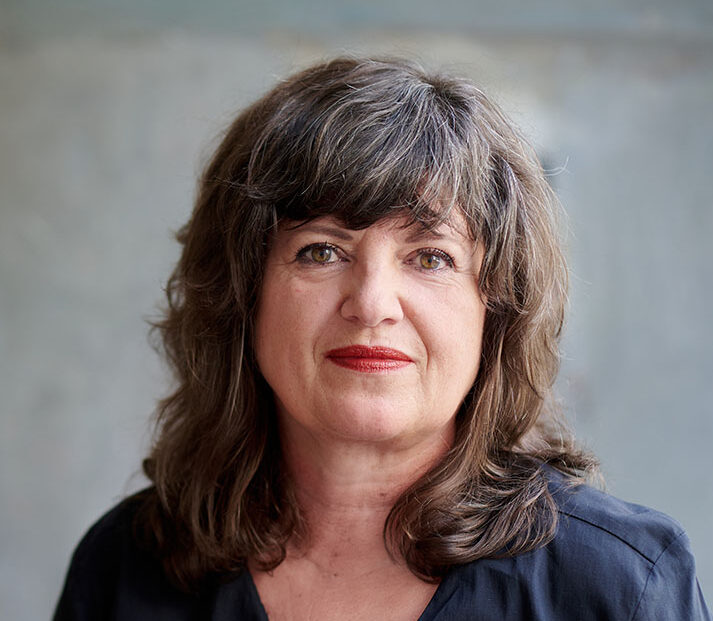
The focus of Sally Below’s work is on transformation processes in cities and neighbourhoods, research on urban society as well as exhibitions and discourse formats that constructively address current developments in this context and enrich them with approaches to solutions for complex issues. One focus is the cooperative (re)design of thinking spaces and real spaces.
-
weiterlesen...
In 1999, Sally Below founded the office sbca, where an experienced team takes care of the implementation of projects, the planning and organisation of discourses, exhibitions and events as well as accompanying communication measures. The office also works with partners from a broad transdisciplinary network and often takes the initiative in putting project ideas into practice.
Sally Below teaches, among other things, at the TU Berlin in the Department of Urban and Regional Planning and is a member of the German Association of Journalists, the VorOrt e.V., in the SRL, the Förderverein Baukultur, the German Association for Housing, Urban Development and Spatial Planning, the Association of Friends and Patrons of the City Museum Berlin and the Society of Friends of the German Architecture Museum DAM, as well as founding member of the Stadtbodenstiftung Berlin.
Working Method
Sally Below’s work is not based on a classical toolbox, but on a knowledge box. Experience and expertise from a variety of urban processes in a wide range of constellations enable her to look at developments from different perspectives and find new answers to upcoming questions.
Using a process methodology adapted to the situation and constellation and incorporating the experience and knowledge of her (contact) partners and addressees, effective ideas and concrete concepts for urban development processes and measures, exhibitions as well as integrating and inspiring actions and events are developed. Depending on the project, experts from the network join in.
Shaping the upcoming transformation processes in our urban society and our urban environment requires open-ended and unconventional methods and procedures, the appreciation of qualities of the existing and the cooperative rethinking of what needs to change.
